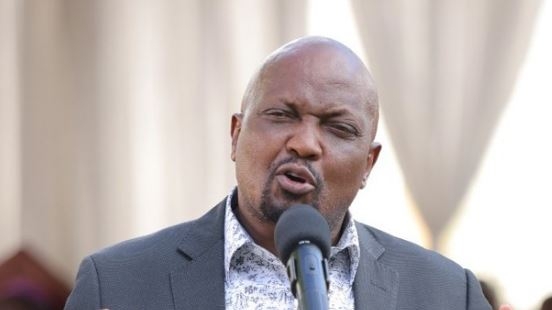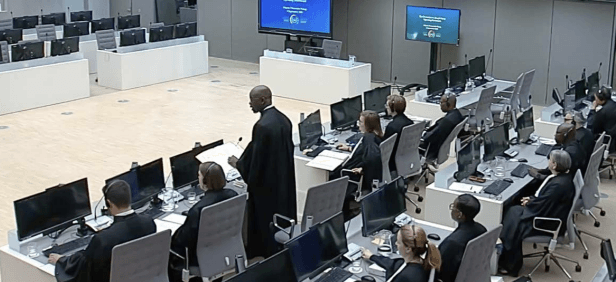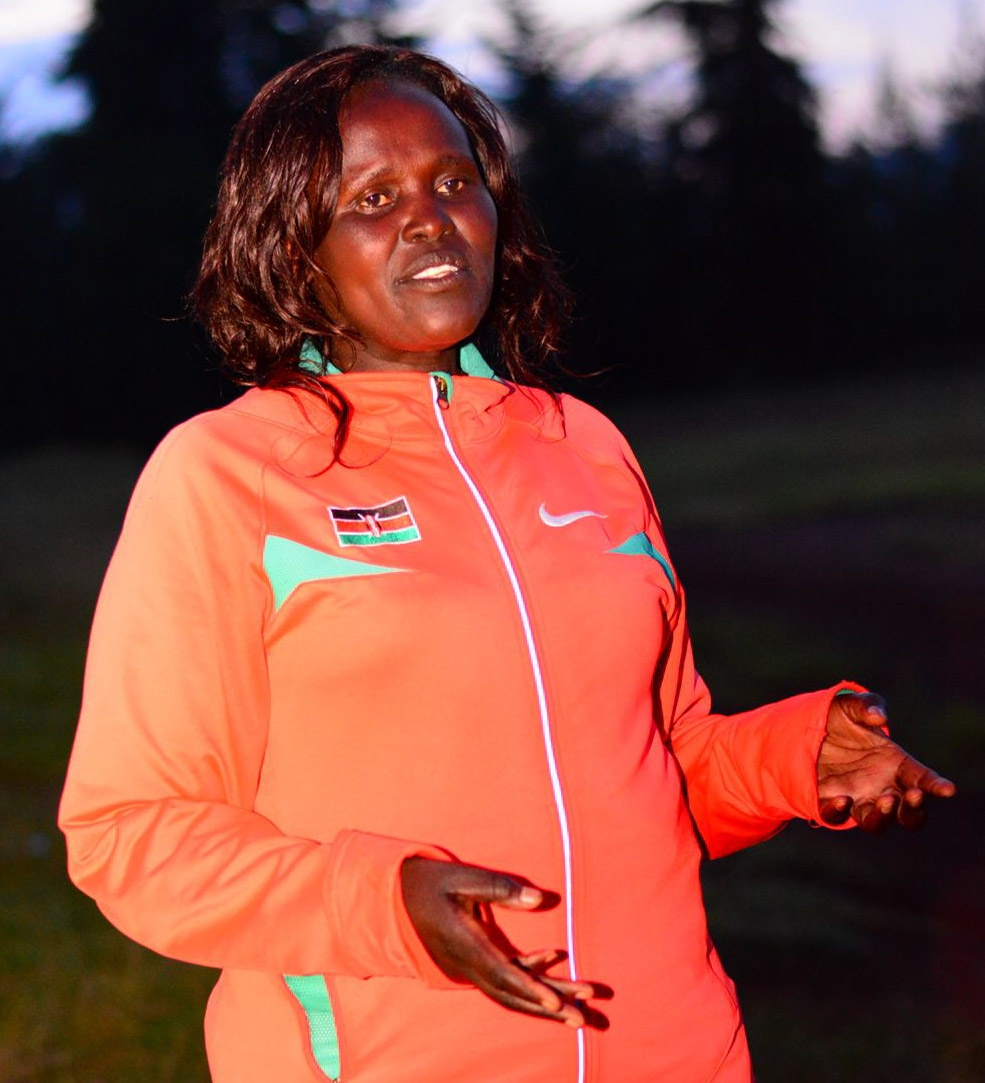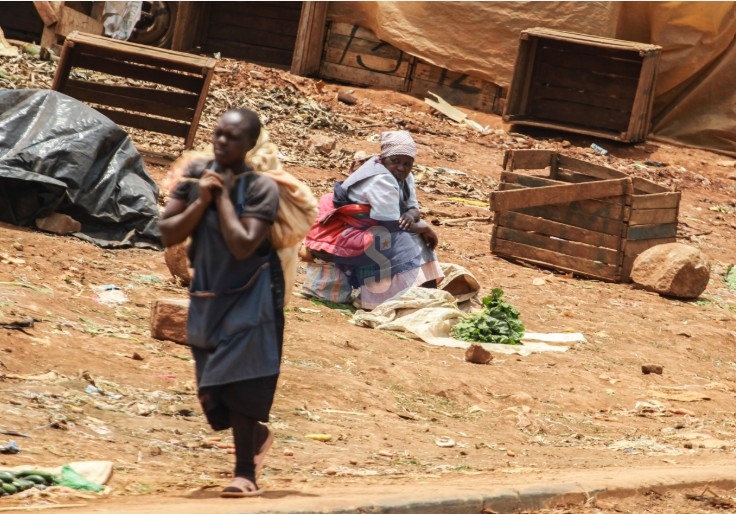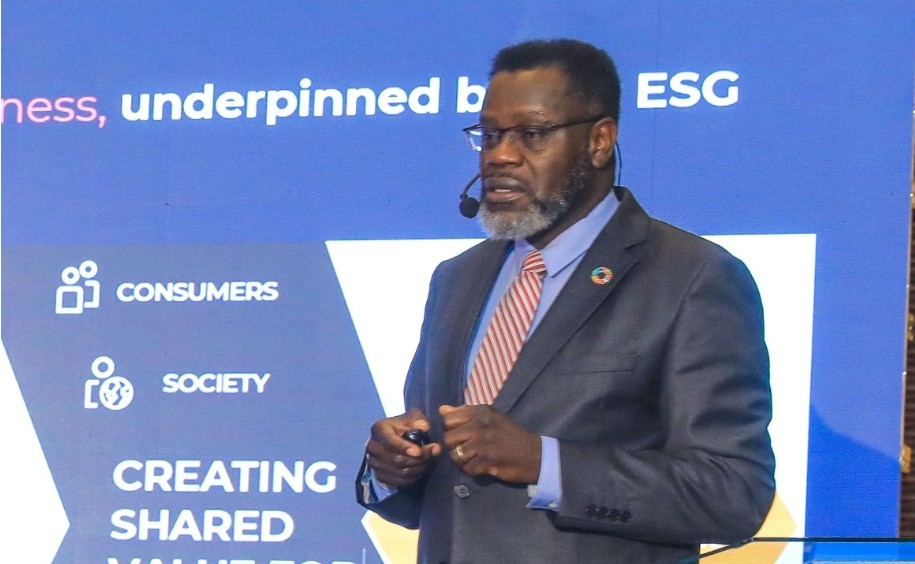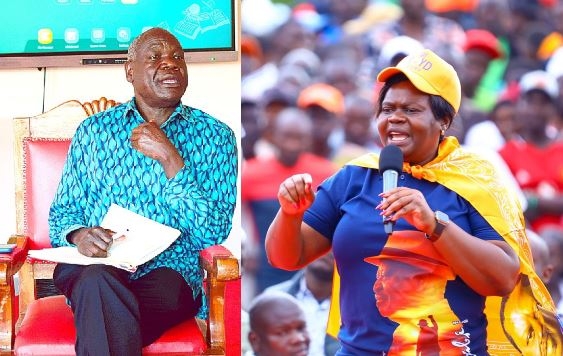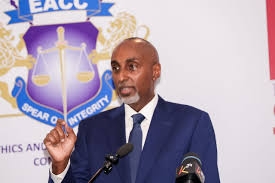Spouse to the Deputy President, Pastor Dorcas Rigathi has raised a concern over Africa’s effort to embrace mental health as an issue affecting society.
Dorcas said she is worried that most family members are unable to tell when their relative is suffering from a mental health disorder.
“Our culture in Africa has not appreciated matters of mental health. Therefore, when you find a quarrelling mother, an angry parent, a shouting sister, all we say is they are mad and we give excuses saying that those people have no redemption, but we do not think deeper about their actions,” Dorcas said.
She was speaking to students from eight universities and colleges who gathered at Daystar University in Nairobi on Tuesday.
The students were drawn from Daystar, KEMU, Cooperative, Tangaza, University of Nairobi, Technical, Nexford, and Catholic universities and colleges.
Dorcas emphasized turning a sour circumstance in life and making it sweet.
She referenced the stories shared during the forum, where many confessed to having overcome traumatic experiences that would have resulted in depression, suicide and death.
“That condition of mental health can become your platform to help others as we have heard today,” she said.
“When not okay, it is still okay. But always find someone to talk to.”
CEO of MyAfya Africa, Nancy Kihara, who organized the forum said mental health cuts across all in society, and the forum was an opportunity to support the cause of mental health.
“A family makes a society, and we must bring up strong families to have strong communities. We have seen university students facing many challenges and they experiment a lot, making such mental health forums of great urgency,” Kihara said.
Michael Kioko a representative from the State Department of Basic Education appreciated the forum for using innovative and creative ways to speak on mental health.
“I appreciate this innovative summit for the outside-the-box and creative methods they have used through art, dance and skits to demonstrate mental health to university students,” Kioko said.
John Ngogo from the ministry added that students at the university were facing a myriad of challenges, and such conversations would benefit them, and make them ambassadors for mental health.



